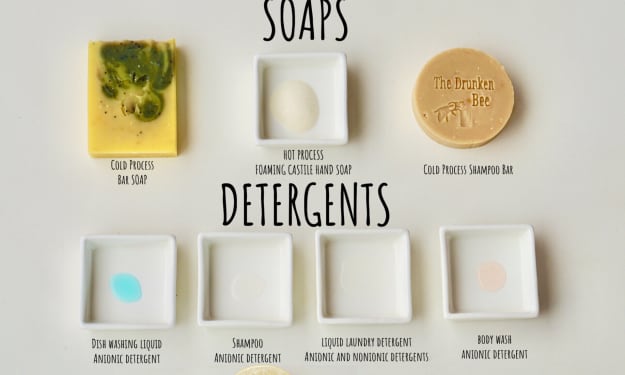Can a Brain Scan Detect Dementia or Alzheimer’s?
Brain scans are one of several diagnostic tests doctors can use to detect dementia.

As people age, they become more vulnerable to developing cognitive impairment and memory problems, such as dementia or Alzheimer's disease. These conditions can have a profound impact on the individual's quality of life, as well as on their family members and caregivers.
Early diagnosis of these conditions is essential for effective treatment and management, and researchers have been investigating various ways to detect them early. One method that has gained significant attention is brain scanning.
Brain scanning involves the use of imaging technologies, such as magnetic resonance imaging (MRI) and positron emission tomography (PET), to examine the structure and function of the brain. These scans can provide detailed images of the brain, allowing doctors and researchers to identify abnormalities that may indicate the presence of dementia or Alzheimer's disease.
Click Here >>> Learn More
One of the earliest signs of dementia and Alzheimer's disease is the accumulation of amyloid protein in the brain. Amyloid protein is a sticky substance that forms plaques in the brain, which can disrupt the normal function of brain cells and cause inflammation. PET scans can detect the presence of these plaques by using a special dye that binds to amyloid protein. The dye emits a signal that can be captured by the PET scanner, providing a visual representation of the amount and location of amyloid plaques in the brain.
Another way brain scanning can help diagnose dementia and Alzheimer's disease is by examining the structure of the brain. MRI scans can provide detailed images of the brain's anatomy, including the size and shape of various structures. Researchers have found that certain brain regions, such as the hippocampus, tend to shrink in people with dementia and Alzheimer's disease. By comparing the size of these regions in a patient's brain to the average size in healthy individuals of the same age and sex, doctors can determine if there is evidence of brain atrophy.
Brain scans can also help track the progression of dementia and Alzheimer's disease over time. By taking repeat scans, doctors can monitor changes in the size of specific brain regions or the amount of amyloid protein present. This information can help inform treatment decisions and provide a more accurate prognosis for the individual.
While brain scanning can be a powerful tool for detecting and tracking dementia and Alzheimer's disease, it is not without limitations. For example, not all people with amyloid plaques in their brain will develop dementia or Alzheimer's disease. Some individuals may have amyloid plaques but remain cognitively intact, while others may not have amyloid plaques but still develop dementia. Additionally, brain scanning can be expensive and may not be accessible to everyone.
It is important to note that a brain scan should not be the only diagnostic tool used to diagnose dementia or Alzheimer's disease. A thorough medical evaluation, including a review of the individual's symptoms, medical history, and cognitive function, is necessary to make an accurate diagnosis. However, brain scanning can provide valuable information to help inform the diagnostic process and provide a more complete picture of the individual's condition.
In conclusion, brain scanning can be an effective tool for detecting and tracking the progression of dementia and Alzheimer's disease. By providing detailed images of the brain's structure and function, brain scans can help doctors and researchers identify abnormalities that may indicate the presence of these conditions. However, it is important to remember that a brain scan should not be the sole diagnostic tool used and that a comprehensive medical evaluation is necessary for an accurate diagnosis. As research in this area continues, brain scanning may become an even more valuable tool for the early detection and treatment of dementia and Alzheimer's disease.
About the Creator
Enjoyed the story? Support the Creator.
Subscribe for free to receive all their stories in your feed. You could also pledge your support or give them a one-off tip, letting them know you appreciate their work.





Comments
There are no comments for this story
Be the first to respond and start the conversation.